Client: Industrial Dairy company
Sector: Agrifood
Number of employees: 210
Objective: Strengthen cybersecurity awareness among department heads and improve their ability to promptly identify and manage cyber threats through a targeted training program focused on cyber crisis management.
Adopted Solution: Cyber Crisis Management Course, specifically designed for department heads, using interactive methods such as real-case studies, roundtable discussions on APTs (Advanced Persistent Threats) and ransomware (e.g., Nikto, XSS), and debriefing sessions with feedback questionnaires. Topics covered included known cyberattack analysis, GDPR compliance, cybersecurity trends, and managerial-level crisis response preparedness.
The company’s Challenge
The Industrial Dairy company, operating in the agrifood sector with 210 employees, faced a growing number of cyber threats, particularly phishing and ransomware attacks. These posed significant risks to business continuity and the protection of sensitive data, such as customer information and production processes. The increasing digitalization of operations—including supply chain management systems and online sales platforms—amplified the exposure to cyberattacks, highlighting the need for improved preparedness among department managers.
Main Problem Identified
The core issue was the lack of awareness among department heads regarding cyber crisis management. Key risks included targeted phishing attacks, social engineering, and ransomware (e.g., Nikto and XSS), potentially compromising production systems and regulatory compliance, particularly with GDPR. The absence of a structured approach to identify and respond to these incidents in a timely manner posed a critical vulnerability, with potential economic and reputational losses.
Implemented Training Intervention
To address this challenge, the Cyber Crisis Management course was implemented and tailored for internal department heads. The one-day training program included:
- Real-case analysis: Review of well-known cyberattacks (e.g., WannaCry ransomware, APTs) to understand attacker tactics and lessons learned.
- Regulatory compliance and trends: Focus on GDPR and other regulations, with insights into their legal and operational implications for the agrifood sector.
- Crisis management preparedness: Interactive sessions on how to structure an incident response plan, including simulated cyber crisis scenarios.
- Roundtables on APTs and ransomware: Guided discussions on specific threats like Nikto and XSS, with practical exercises to recognize and mitigate such attacks.
- Debriefing and feedback: Final sessions with questionnaires to assess learning outcomes and gather suggestions for continuous improvement.
The methods combined theoretical and practical approaches, engaging participants through interactive exercises and simulations, ensuring a dynamic and business-relevant training experience.
Results Achieved
Quantitative: The average incident response time decreased by 20%, from 48 to 38 hours.
Qualitative: Managers showed increased confidence in crisis management, with 90% of participants reporting they felt more prepared to identify and report threats. Cybersecurity culture was integrated into decision-making processes, improving internal communication during incidents.
Conclusion
The Cyber Crisis Management course strengthened the Industrial Dairy company’s security posture, aligning it with agrifood sector cybersecurity best practices. The training not only reduced operational and regulatory risks but also fostered greater organizational resilience, enhancing response capabilities to cyber threats. By adopting a proactive approach to crisis management, the company reinforced stakeholder trust and protected its corporate reputation, positioning itself as a leader in digital security within its industry.



